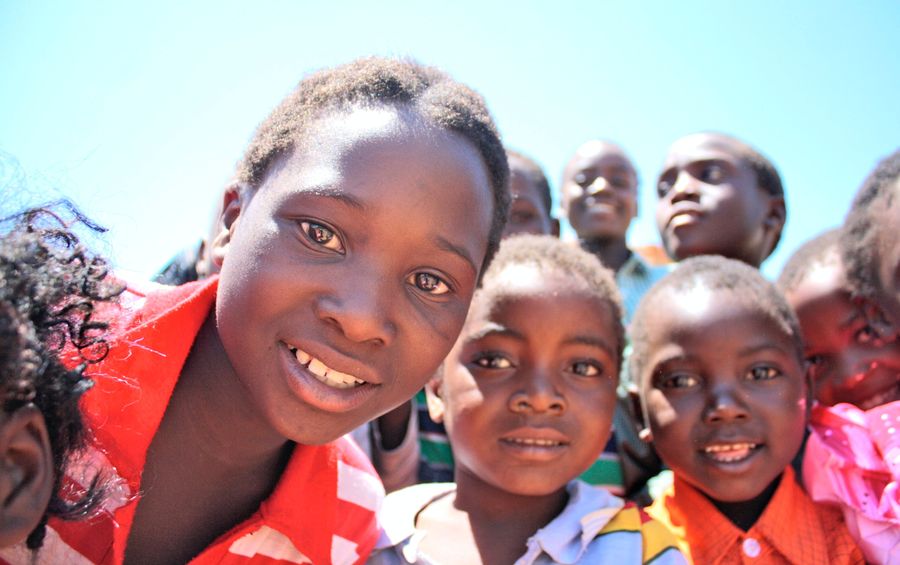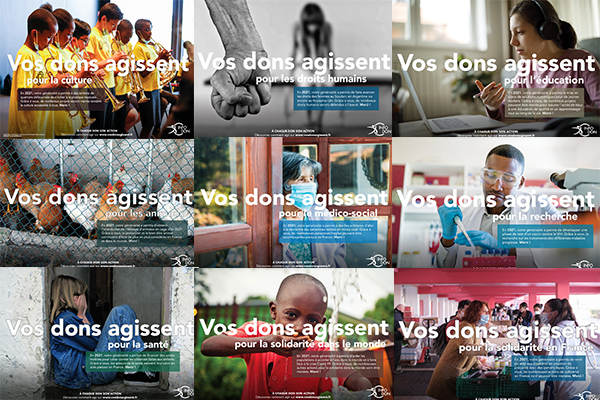
Challenges of decolonising charity communications highlighted in study
October 13, 2021
French giving campaign launches to inspire younger donors
October 13, 2021Swiss charities received a total of €1.9 billion (CHF 2.05 billion) in donations during 2020 – with households donating 10% more than in the previous year, despite the pandemic.
The figures come from Zewo Foundation, a certification body for nonprofits collecting donations in Switzerland, and the University of Friborg. They show that more than half of the donations came from private households, with the total also including legacies and donations from institutions. Around €1.23 billion (CHF 1.33 billion) of the overall total was donated to Zewo-certified nonprofits, and overall, these charities saw 2% growth in revenue during the pandemic year with public and state support compensating for income drops seen elsewhere.
Zewo-certified charities in both the German- and French-speaking parts of Switzerland saw donations increase. Those in German-speaking areas received a total of €980 million (CHF 1.06 billion) in donations in 2020 with six out of ten seeing an increase on the previous year. In French-speaking Switzerland, charities received an overall total of €229 million (CHF 247 million), with three out of four recording an increase.
Only two out of every CHF 100 donated in Switzerland in 2020 were given by credit card, app or text message, with charities reporting donor issues with technology as the biggest barrier to digital giving.
However, while donations made through digital payment channels or the internet remain low, Zewo Foundation’s figures show they increased significantly during 2020. During the pandemic year, charities received more than twice as many donations through their websites than before the coronavirus crisis, while donations received through payment apps like Twint quadrupled.
Zewo Foundation’s figures also show that charities are increasingly turning to digital for marketing purposes. Not only do they give more weight to social networks than to newspaper or magazine ads but also report finding Facebook, Instagram and Google more important for their advertising than posters, radio or television.
Photo of Zurich by Julian Hacker on Pixabay




